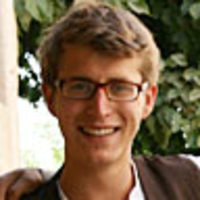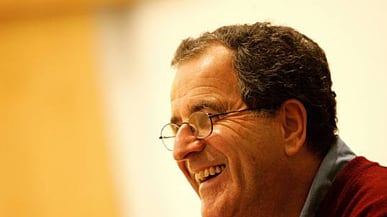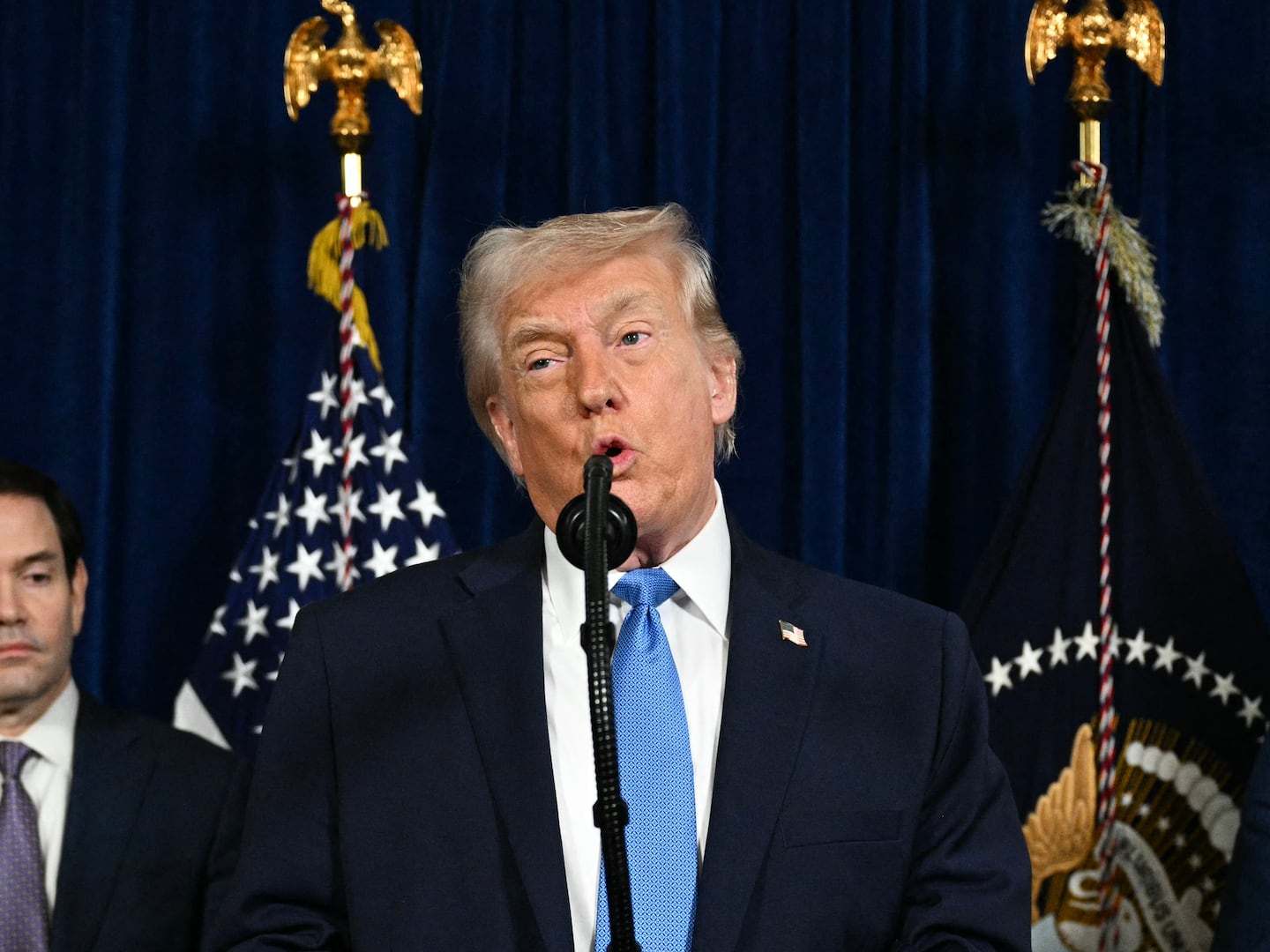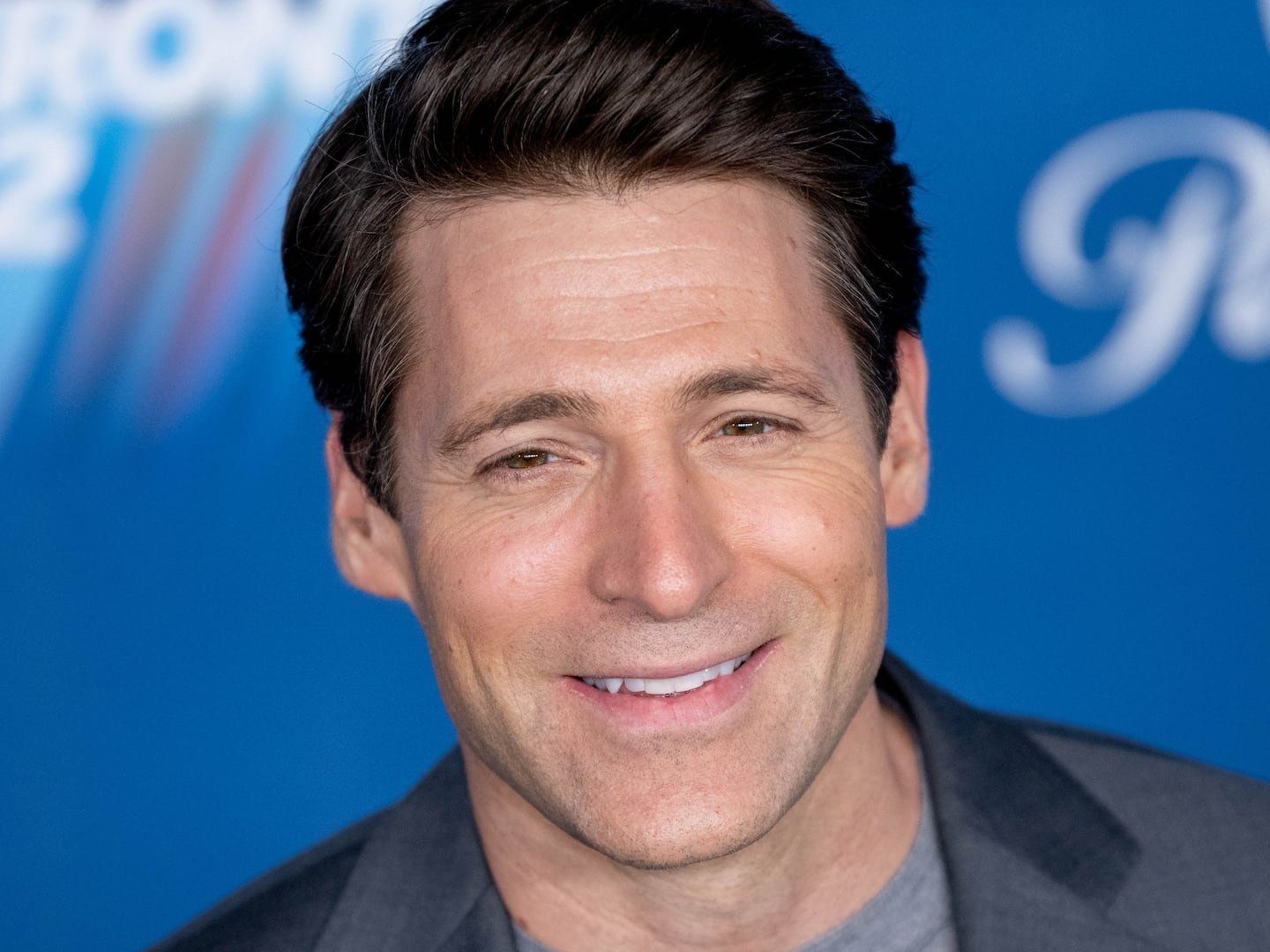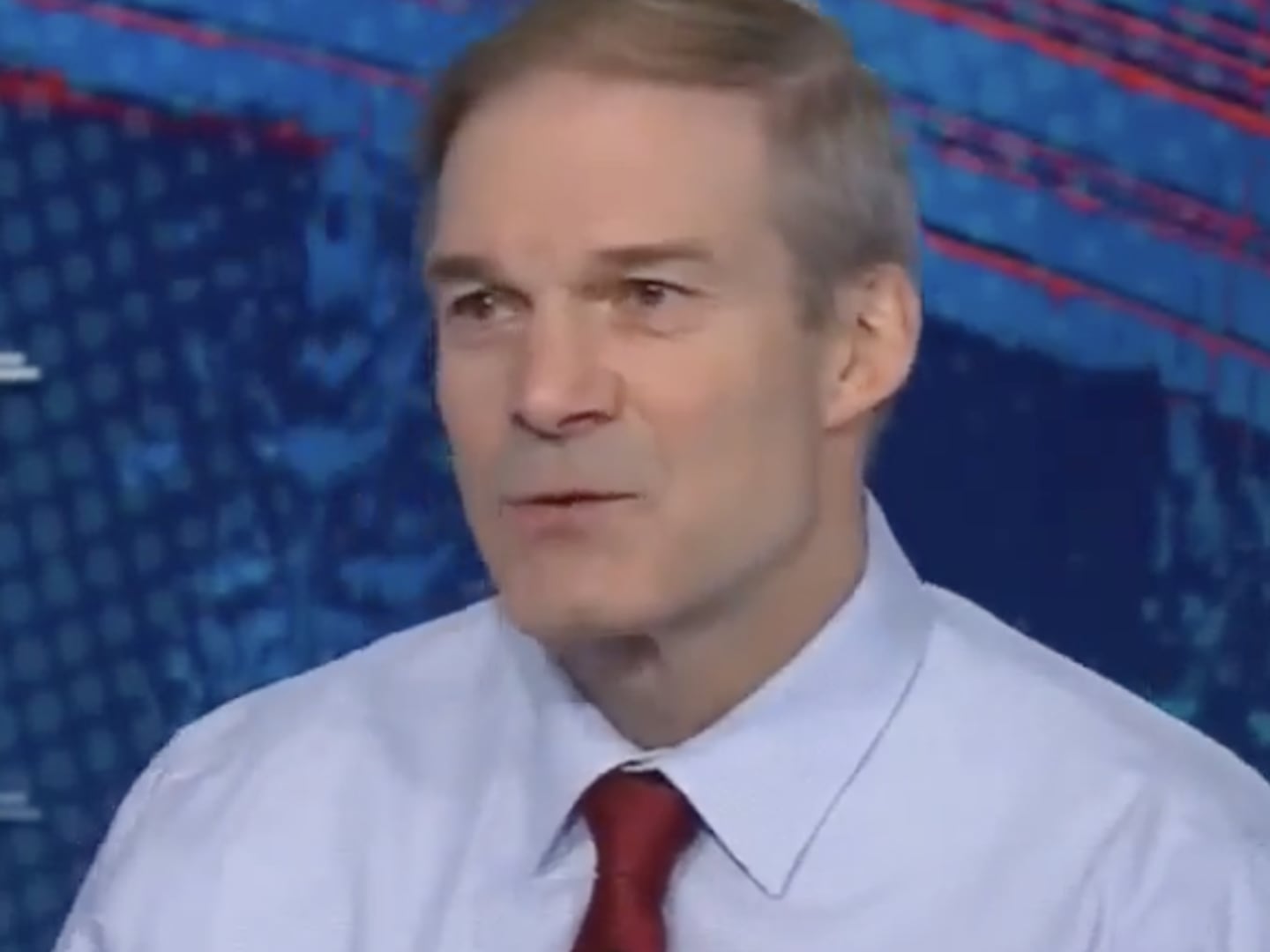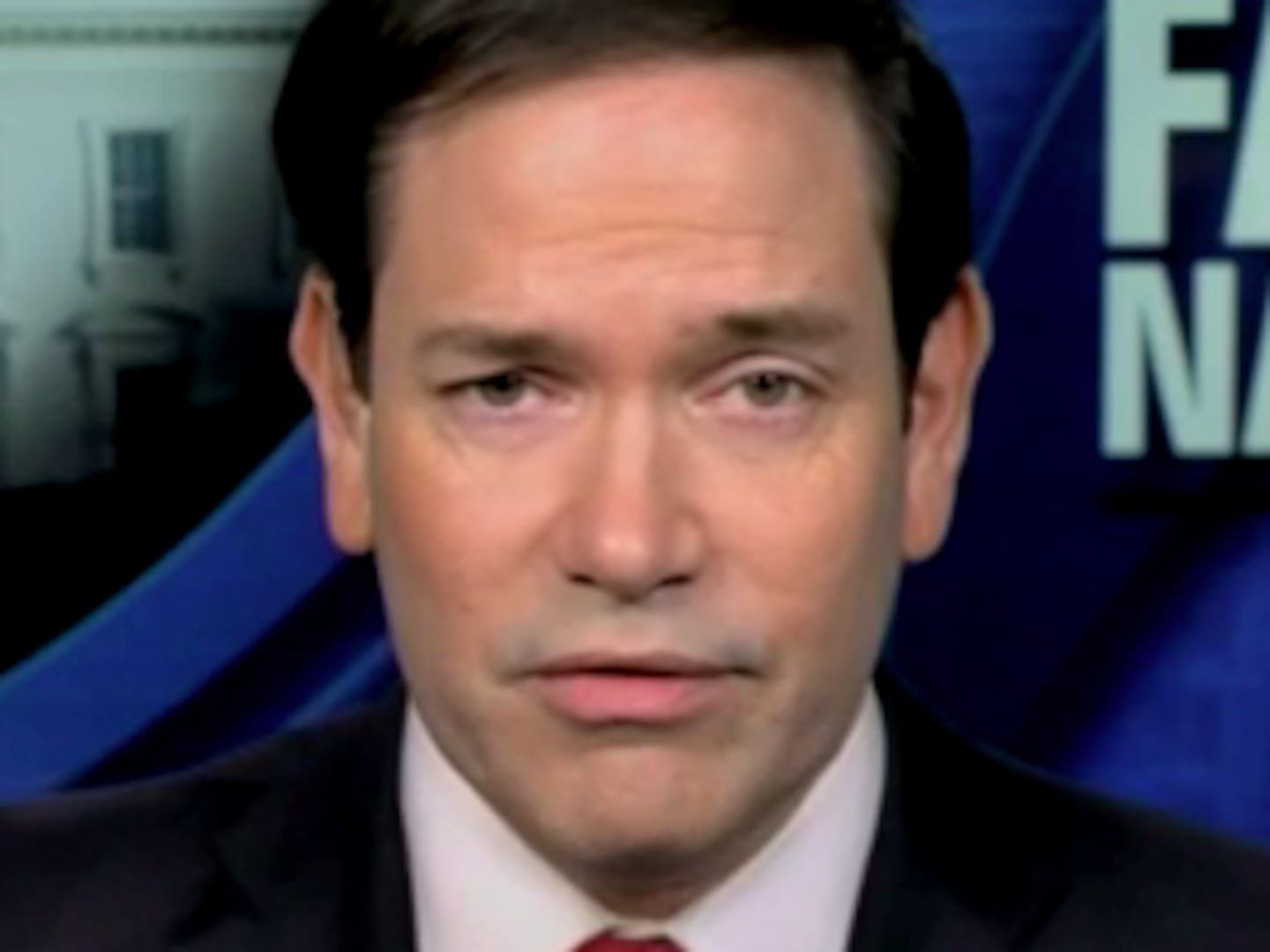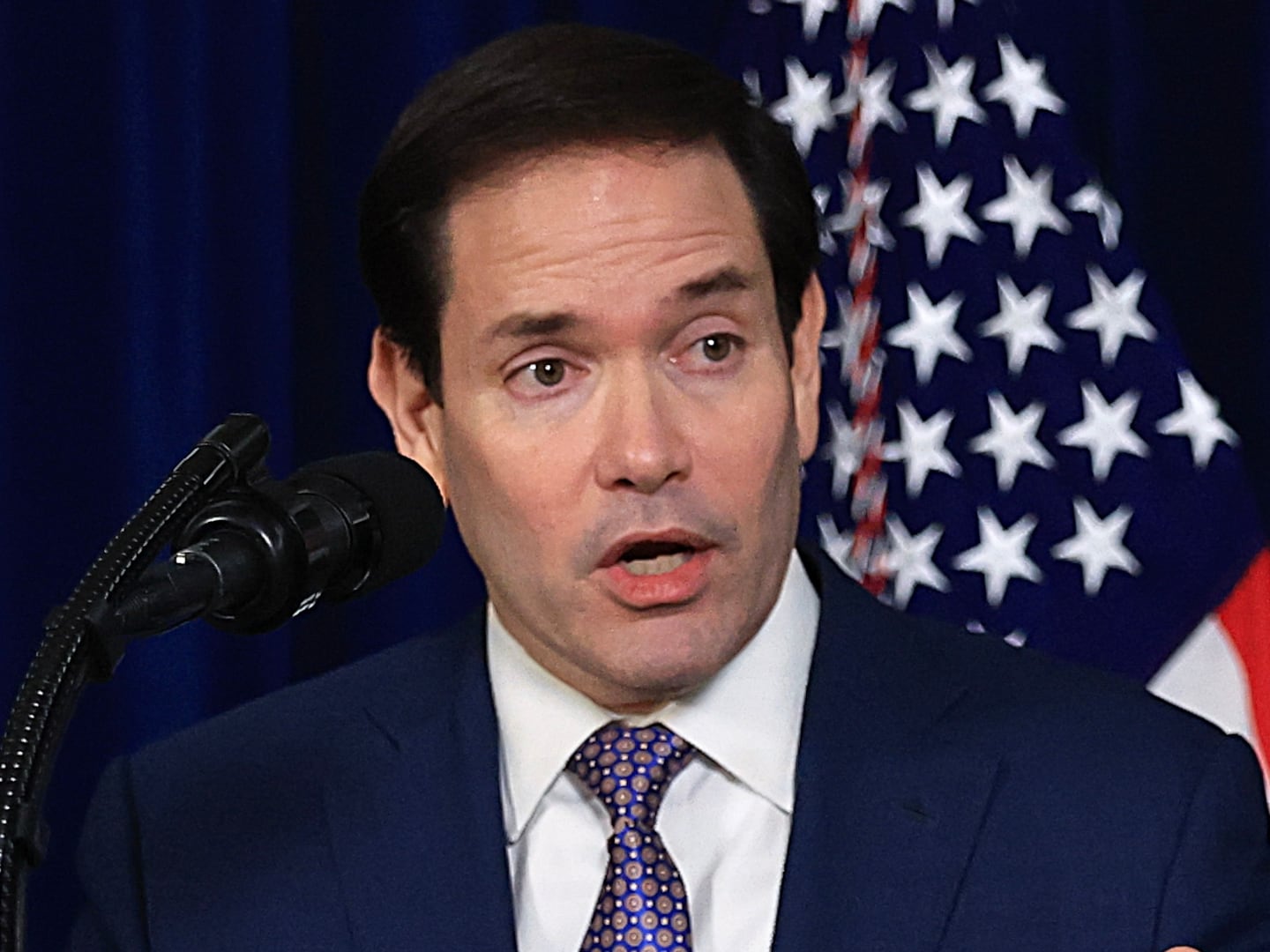I first meet Nicolas Kent, the British director of the acclaimed The Great Game: Afghanistan plays touring the U.S., striding relentlessly around the streets of central Washington D.C. determined to find a "proper cooked English breakfast." It is no easy task, but then Nicolas Kent is not a man who settles for easy. Over the last 30 years, Kent has built a reputation in Britain as one of the most uncompromising and politically minded theater directors of his generation, a man who makes plays that not just respond to the political climate, but help shape it. His new project, a highly ambitious cycle of 12 half-hour plays about the history of foreign involvement in Afghanistan, is no exception. The Washington shows in October played to full houses of ambassadors, generals, ex-CIA officers, NGO workers, journalists, lobbyists, academics—the whole range of voices and opinions that make up "the conversation" in the West about Afghanistan today.

I catch up with Kent again as he takes a breather from the tour, back at his flat in St John's Wood, North-West London. His voice is suffering from a month of solid directing, touring, interviewing, and lecturing, but he is still energized by the impact the shows have had in the U.S. thus far: "I was asked to go into the Pentagon to meet the head of public affairs and we're exploring the possibility of bringing the plays back to Washington for a private performance at the Pentagon... General Petraeus apparently asked the British Embassy to send him tapes of the plays… I've also had all sorts of emails from soldiers who are about to deploy or who have deployed to Afghanistan asking questions about our plays or saying that they found them a really useful learning process." At a performance in the U.K., the head of the armed forces in Britain, General Sir David Richards, told Kent that he thought that if he'd seen these plays before he went to Afghanistan he would have been a better general.
“I thought a trilogy was a good way of tackling it because it meant people couldn’t just see a play, come away and say, ‘I’ve done my bit for Afghanistan, that’s it.’”
The plays stemmed from Kent's own ignorance about Afghanistan: ''I remember going to a dinner party and somebody talking about the Second Anglo-Afghan War and I realized I didn't know there had even been a second Anglo-Afghan War, let alone a third! I thought, "I'm a reasonably well-educated person and if I'm that ignorant, God knows about people who don't read anything or who aren't interested'" This was in 2008, a full seven years after the U.S. invasion. Kent was appalled by the knowledge gap about Afghanistan, and lays much of the blame on the concurrent war in Iraq: "By 2006-7, the focus had very much moved away from Afghanistan, not just of politicians who were conducting the war in Iraq, but also the news media. There was simply no artistic response to Afghanistan. There was constant harping on about Iraq in books, films, art exhibitions, plays—we ourselves did four plays about Iraq—and yet no one was doing anything about Afghanistan."
This need for an artistic response led to Kent's commissioning of 12 plays by established and up-and-coming writers. Each was given a period or episode in Afghan history and asked to come up with a response. The result is a dizzying range of voices, from 19th-century Afghan emirs to 21st-century aid-workers, from Soviet military advisers to Afghan villagers, all caught up in the ongoing saga of the West's relations with Afghanistan. As Kent is keen to point out, however, there is no specific political agenda to the cycle: "While at Berkeley, a woman introducing the plays said to me 'of course I want to say to people what your views are about the political situation, and I know that you all think we should be out of Afghanistan'. And I said, 'Well, I don't think we do all think that and it's very interesting that you assume that'." His idea is to start the debate, not dictate it.
The plays are divided into three parts, which can be seen individually or all together over the course of a day. This might seem a bold move in making such demands of its audience, but Kent has the background for it: In 1996, he directed a critically acclaimed trilogy of plays about Northern Ireland's troubled history which played back to back. He also cites the avant-garde French theater director Ariane Mnouchkine as a key influence; in 1985-6, Mnouchkine put on a nine-hour play about Cambodia over an afternoon and evening.
These precedents encouraged Kent that such long-form theater could work for Afghanistan, too: "With Afghanistan, I thought a trilogy was a good way of tackling it because it meant people couldn't just see a play, come away and say, 'I've done my bit for Afghanistan, that's it.' They had to stay with it, think about it, put a day aside. That seems a very small price compared to the Afghan population who have put 30 years of their lives aside, as well as the ISAF soldiers who are fighting out there and laying down their lives."
Indeed, rather than being put off by the length of the plays, people seem to have embraced it: "I'm surprised by how much more people have enjoyed the trilogy than the single performances. People in America seem to have a real appetite for spending the day and doing the trilogy. Also, if you're trying to tell a story that starts in 1842 and goes to over 150 years later, you're only going to manage that if you have a lot of time in the theater; otherwise it is just the Reduced Shakespeare Company doing all the Shakespeare plays in half an hour."
And yet, Kent acknowledges that the plays are only the starting point: "We're using theater as a way in. This is not a comprehensive or exhaustive look at Afghanistan. It has huge failings, inevitably it will do. It's an attempt to get people to engage with the issue of why we're there, what we should be doing. But also it is an attempt to say, 'read further, get informed, take part in the debate, don't sit idly by.'"
The Great Game: Afghanistan will be showing at the Public Theater at the Skirball, Washington Square, New York City, from December 1-19.
Thomas Wide holds a Faculty Studentship at the Oriental Institute, Oxford University, where he researches Persian, Chinese, Russian, and Turkish writings on Afghanistan. He is also working on a BBC documentary series on the history of Afghanistan to be broadcast in January 2012.
